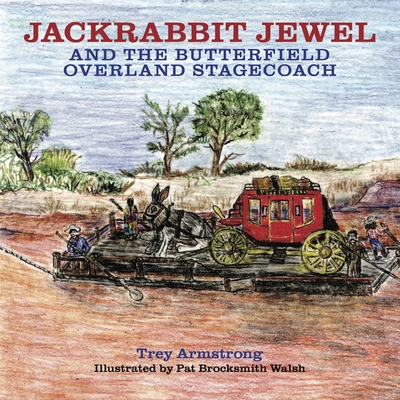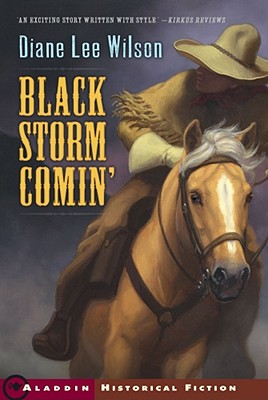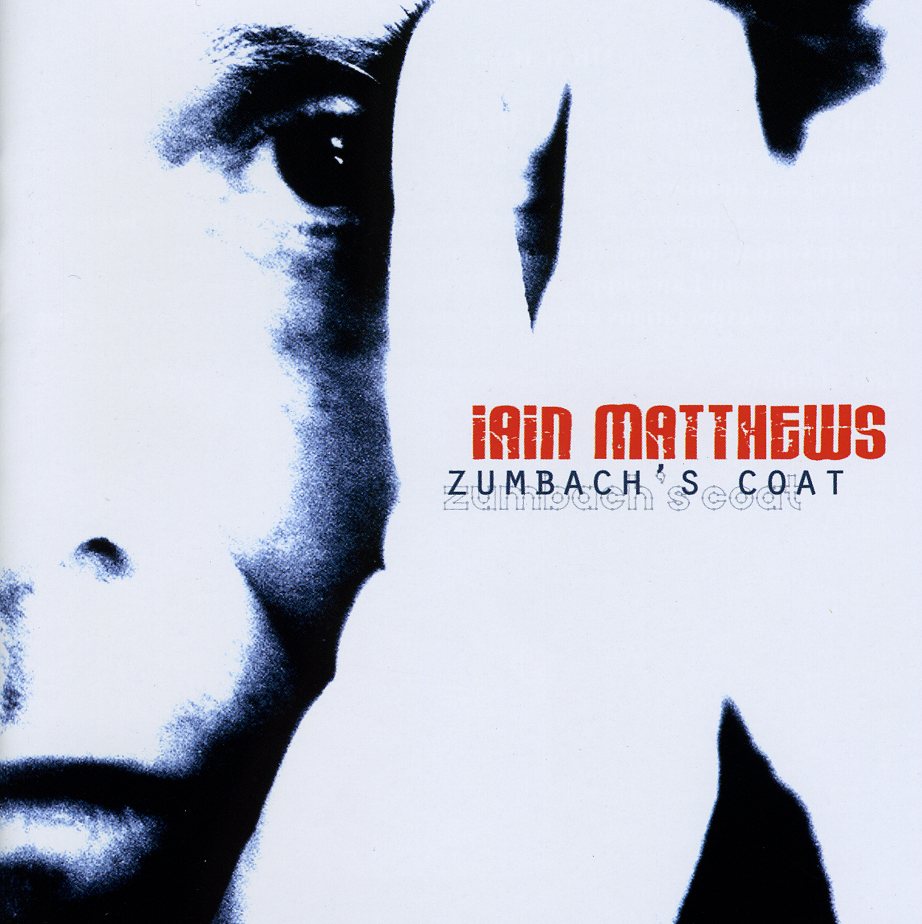
Taylor, Jordan E.
Fundamentally reshapes our understanding of the causes of the American Revolution and the pivotal role foreign news and misinformation played in driving colonists to revolt.
Runner-up of the American Journalism Historians Association Book of the Year Award by the American Journalism Historians Association
"Fake news" is not new. Just like millions of Americans today, the revolutionaries of the eighteenth century worried that they were entering a "post-truth" era. Their fears, however, were not fixated on social media or clickbait, but rather on peoples' increasing reliance on reading news gathered from foreign newspapers. In Misinformation Nation, Jordan E. Taylor reveals how foreign news defined the boundaries of American politics and ultimately drove colonists to revolt against Britain and create a new nation.
News was the lifeblood of early American politics, but newspaper printers had few reliable sources to report on events from abroad. Accounts of battles and beheadings, as well as declarations and constitutions, often arrived alongside contradictory intelligence. Though frequently false, the information that Americans encountered in newspapers, letters, and conversations framed their sense of reality, leading them to respond with protests, boycotts, violence, and the creation of new political institutions. Fearing that their enemies were spreading fake news, American colonists fought for control of the news media. As their basic perceptions of reality diverged, Loyalists separated from Patriots and, in the new nation created by the revolution, Republicans inhabited a political reality quite distinct from that of their Federalist rivals.
The American Revolution was not only a political contest for liberty, equality, and independence (for white men, at least); it was also a contest to define certain accounts of reality to be truthful while defining others as false and dangerous. Misinformation Nation argues that we must also conceive of the American Revolution as a series of misperceptions, misunderstandings, and uninformed overreactions. In addition to making a striking and original argument about the founding of the United States, Misinformation Nation will be a valuable prehistory to our current political moment.







